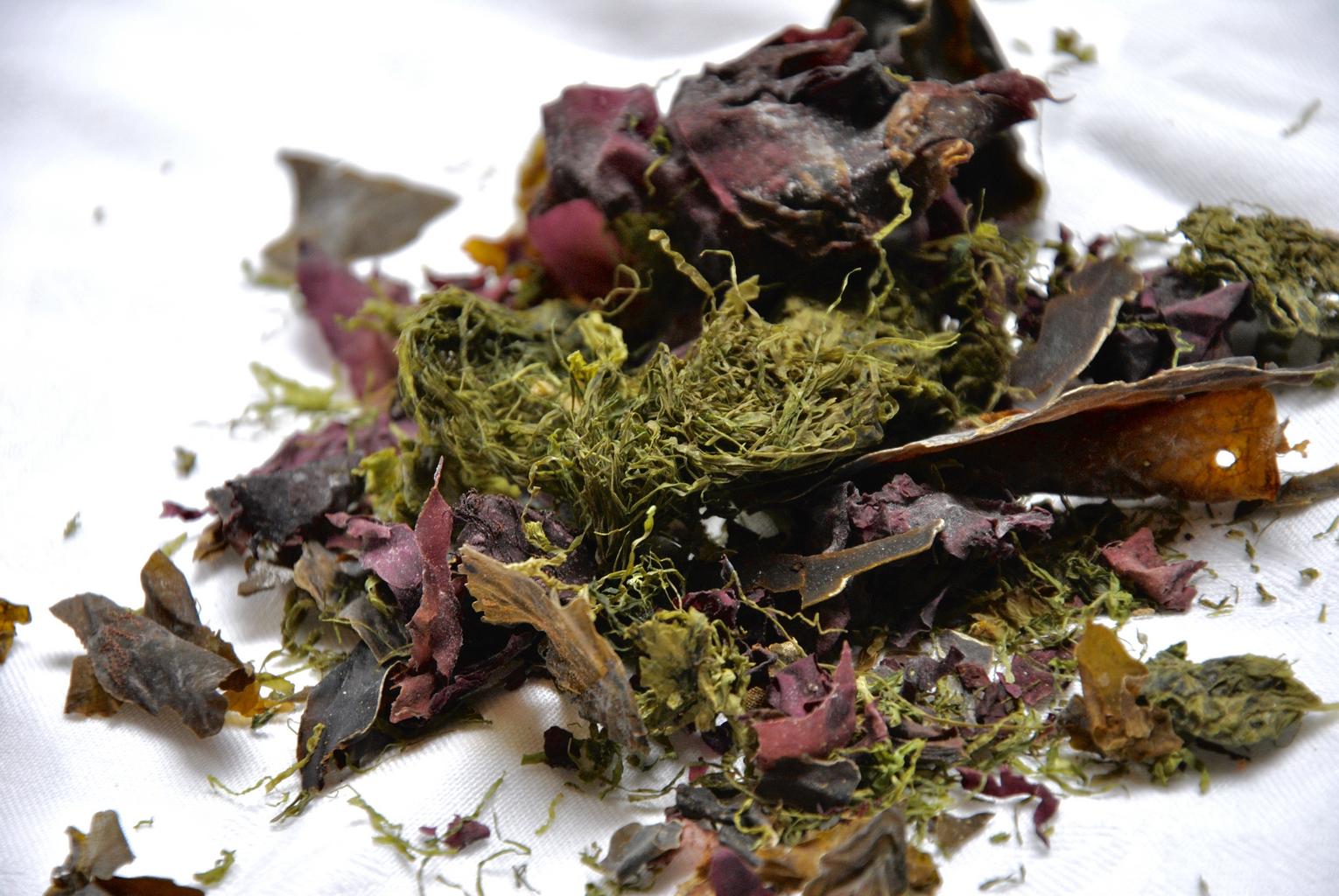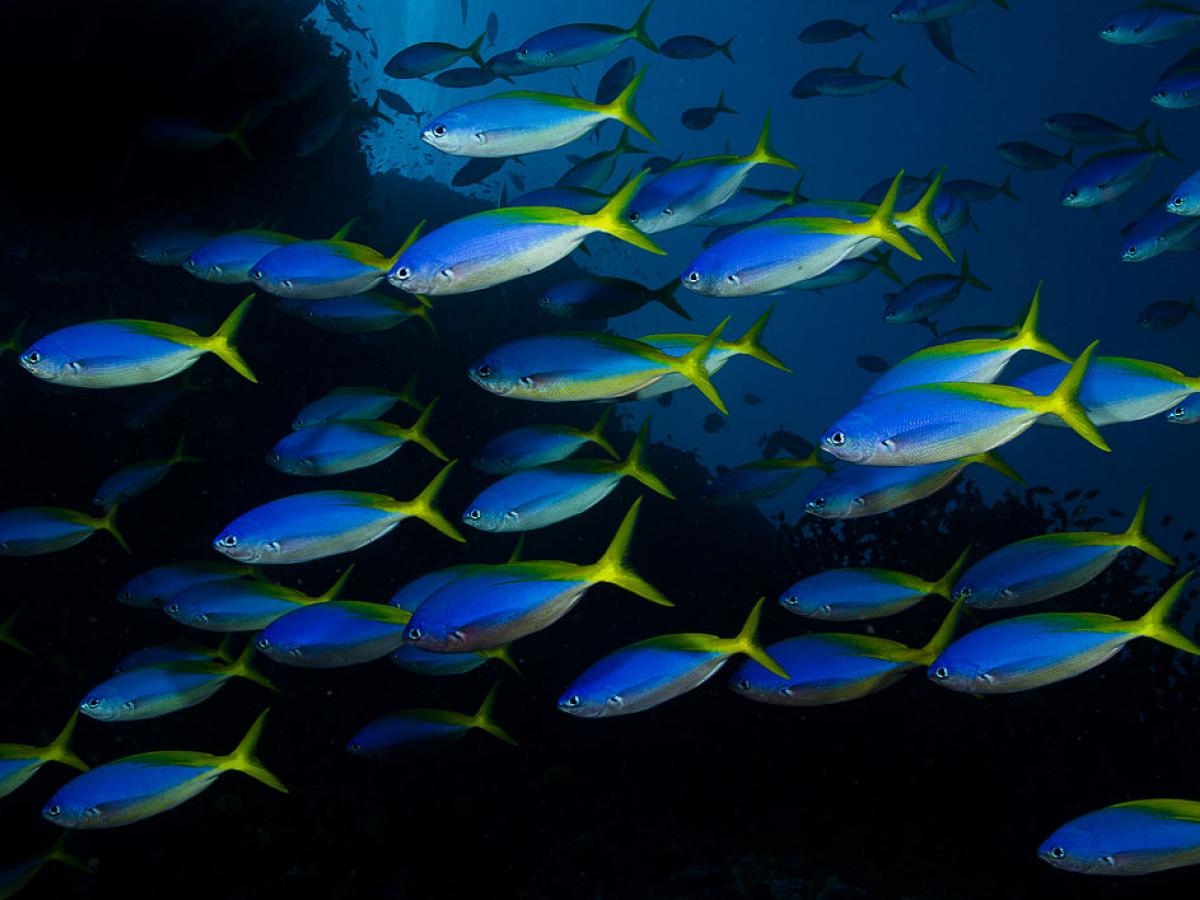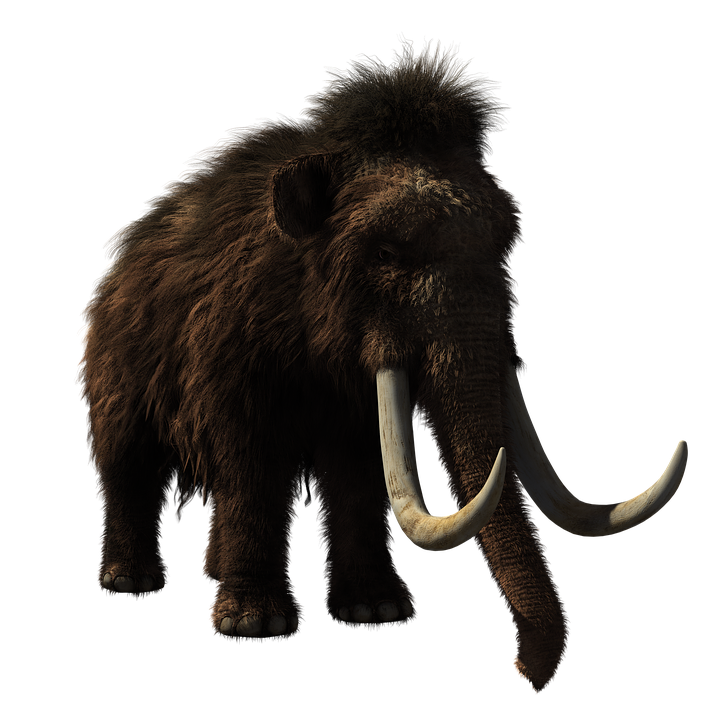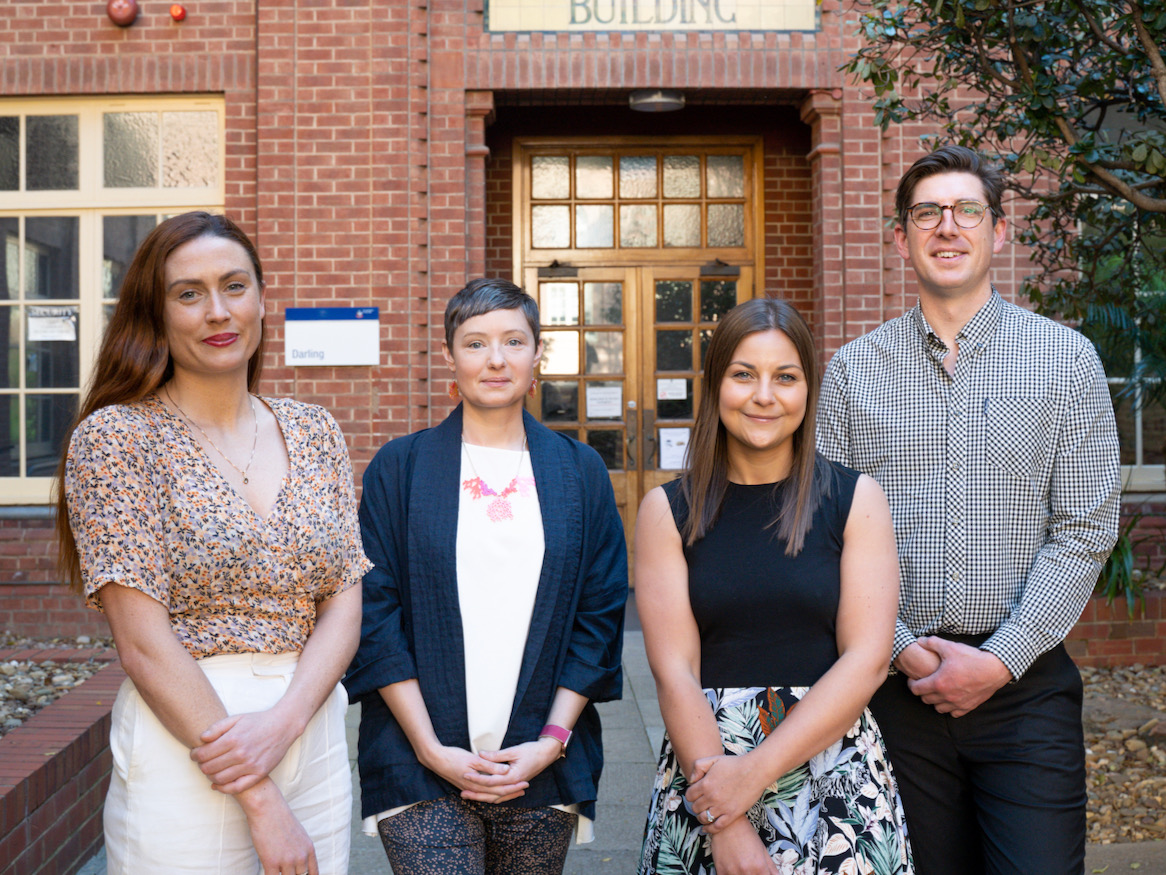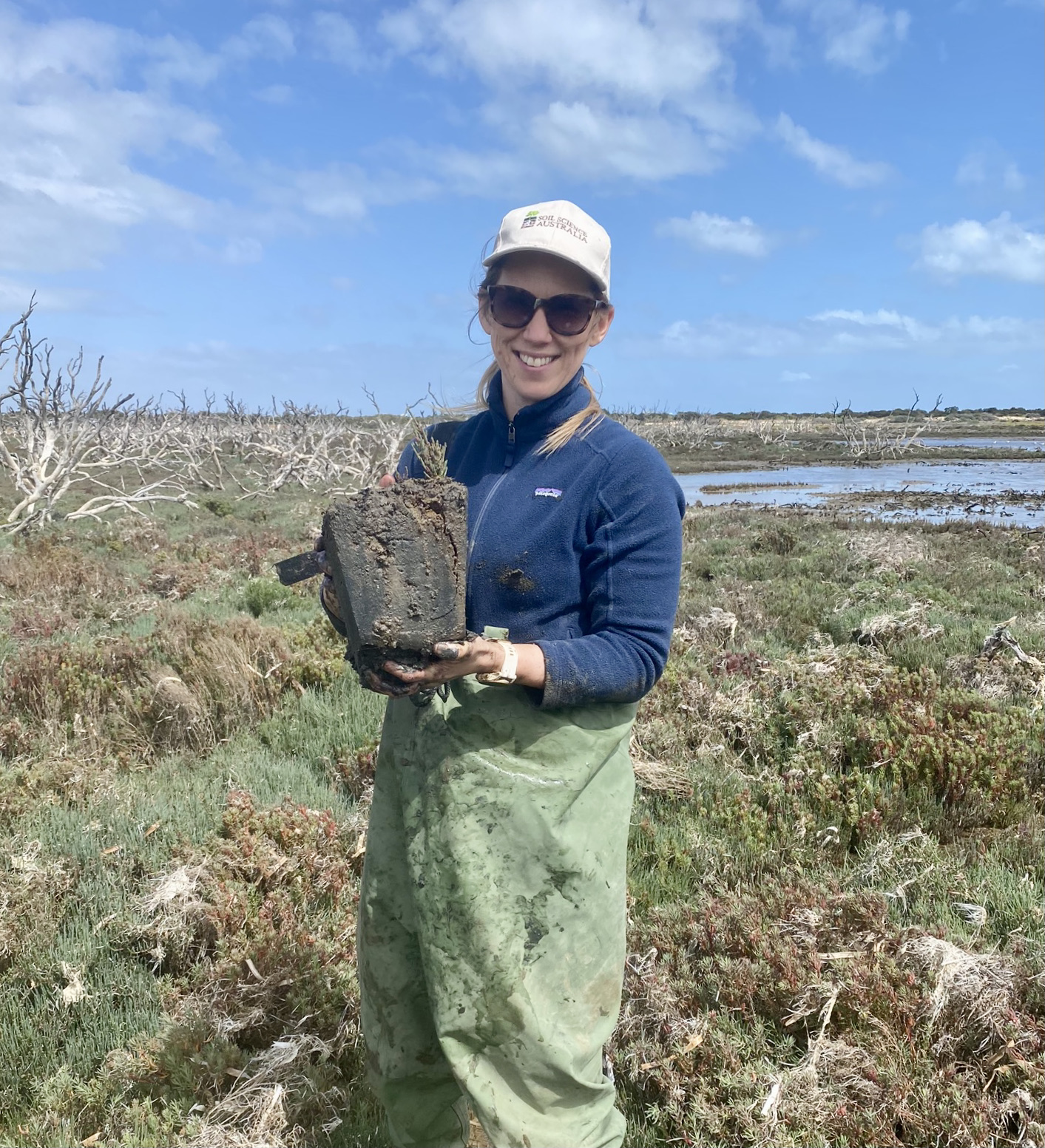BLOGS WEBSITE
Category: Climate Change
EVENT: Electric Dreams: Anthropocene in C Major featuring Professor Melissa Nursey-Bray
How can art empower us to tackle the climate emergency? When: Saturday 19th February, 8pm & Tuesday 22nd February 2022, 7pm Where: SA Museum Book now: Electric Dreams: Anthropocene in C Major Jamie Perera, an artist that uses sound to deconstruct objects and data in ways that create provoking experiences for listeners and Professor Melissa Nursey-Bray, […]
Comments Off on EVENT: Electric Dreams: Anthropocene in C Major featuring Professor Melissa Nursey-Bray
Heading towards an improved marine aquaculture sector
It’s one of the world’s fastest growing food industries and, with the introduction of some new strategies investigated by researchers at the University of Adelaide and The Nature Conservancy, could soon be one of its greenest. In a new paper published in BioScience, Climate-Friendly Seafood: The Potential for Emissions Reduction and Carbon Capture in Marine Aquaculture, six principles are […]
Comments Off on Heading towards an improved marine aquaculture sector
Ocean acidification and warming disrupts fish shoals
Researchers from the University of Adelaide have found that the way fish interact in groups is being upset by ocean acidification and global warming. “Fish show gregarious behaviour and cluster in shoals which helps them to acquire food and for protection against predators,” said project leader Professor Ivan Nagelkerken from the University of Adelaide’s Environment […]
Comments Off on Ocean acidification and warming disrupts fish shoals
Humans hastened the extinction of the woolly mammoth
New research shows that humans had a significant role in the extinction of woolly mammoths in Eurasia, occurring thousands of years later than previously thought. An international team of scientists led by researchers from the University of Adelaide and University of Copenhagen, has revealed a 20,000-year pathway to extinction for the woolly mammoth. “Our research […]
Comments Off on Humans hastened the extinction of the woolly mammoth
The hidden costs of the global illegal wildlife trade
An international team of experts, including researchers from the University of Adelaide, has highlighted that the illegal and unsustainable global wildlife trade has bigger ramifications on our everyday lives than you might think. In a paper published in Biological Conservation, the team of researchers investigated the many ways in which the trade negatively impacts species, ecosystems, and society […]
Comments Off on The hidden costs of the global illegal wildlife trade
Tall Poppy winners announced for 2021
Five University of Adelaide researchers have won 2021 South Australian Young Tall Poppy Science Awards. The Tall Poppy Awards, an initiative of the Australian Institute of Policy and Science, recognise the achievements of Australian scientists and their commitment to sharing their research and passion for science with the broader community. The Environment Institue is proud to have […]
Comments Off on Tall Poppy winners announced for 2021
Researchers respond to the IPCC’s report that human activity is undeniably heating the planet.
The world’s leading climate scientists at the Intergovernmental Panel on Climate Change – IPCC, have warned that the prospect of limiting global warming to 1.5C will be out of reach within 12 years at current rates of greenhouse gas emissions. The latest 2021 report has indisputably confirmed that human activity is heating the planet, causing […]
Comments Off on Researchers respond to the IPCC’s report that human activity is undeniably heating the planet.


